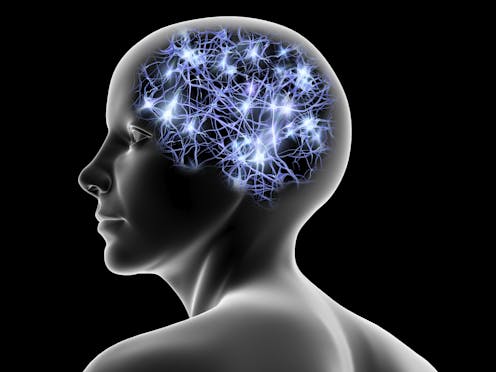The kissing device was developed by a college student in China as early as 2019. Image: Diana Reentovich (Shutterstock)
If you and your long-distance lover couldn’t meet up this past Valentine’s Day, there’s still good news. Chinese social media has been lighting up over this newly revealed kissing machine, which features a pair of silicone lips that let you kiss your partner over the internet.
According to China’s Global Times, the kissing machine was developed and patented by researchers at the Changzhou Vocational Institute of Mechatronic Technology in East China’s Jiangsu Province. Users of the device can link it to their phone using either bluetooth or by directly plugging it in, and can access the kissing features using an app. Changzhou Vocational Institute of Mechatronic Technology alumnus Jiang Zhongli originally created the device and applied for a patent in 2019, but that patent expired last month.
“In my university, I was in a long distance relationship with my girlfriend so we only contact with each other through phone. That’s where the inspiration of this device originated,” Jiang Zhongli told the Global Times. Zhongli initially developed the device when he was a student at Changzhou Vocational Institute of Mechatronic Technology.
The kissing device could help couples that are long distance or those experiencing an illness maintain a sense of intimacy. Or, as CNN reports, it could help you meet someone new. In the device’s corresponding phone app, there apparently exists an option to match up with a stranger and get to kissing. Likewise, users can upload their kisses for others to enjoy.
As tech like this continues its best to replicate the human experience, what might that mean for something like the metaverse? While the metaverse is barely in its infancy and is more interested in brand stunts over actual innovation, tech like this kissing device could, in a sick way, help digital worlds be more lifelike.



















 English (United States) ·
English (United States) ·